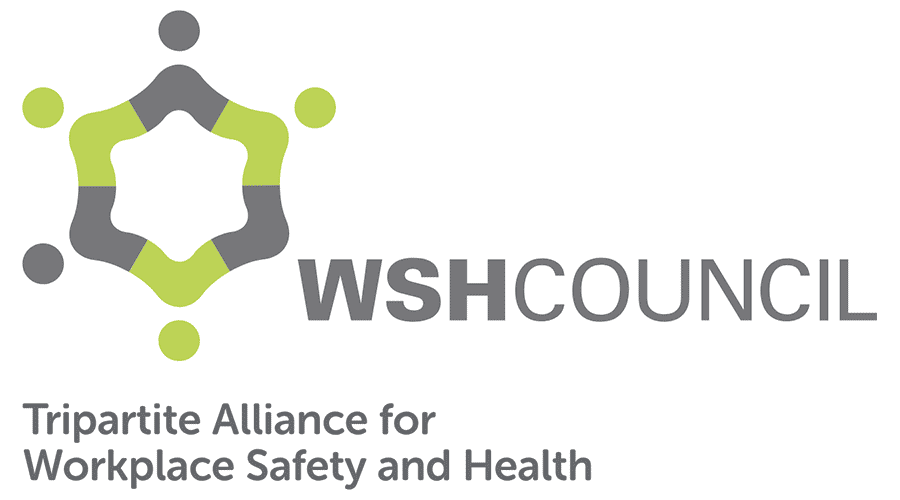Quality and standards adoption helped SMEs get an edge, access markets overseas: EnterpriseSG survey
- FMOne Asia

- Sep 28, 2022
- 3 min read
28 September 2022
MOST small and medium-sized enterprises (SMEs) that tapped Singapore’s quality and standards (Q&S) ecosystem felt that this gave them a competitive edge and greater access to overseas business opportunities, according to a survey by Enterprise Singapore (EnterpriseSG).
The survey was conducted in March 2022 with 1,000 companies. Of these, 900 companies had adopted Q&S. Close to 90 per cent of this number said that Q&S had helped them differentiate their offerings from competitors; meanwhile, close to 70 per cent said that adopting Q&S helped to increase their access to exports and international business opportunities. (* see amendment note below)
“This is very timely in today’s context, as we see many SMEs renewing their efforts to try and recapture growth overseas,” said Choy Sauw Kook, director-general for quality and excellence at EnterpriseSG at a press conference on Wednesday (Sep 28).
In the past year, the Singapore Standards Council (SSC) reviewed and developed 114 standards – including 62 new ones – to support companies to build in-demand capabilities and gain a competitive advantage overseas.
These include Singapore standards on cold chain management for chilled and frozen food products, launched in October 2021, as well as international standards on robotics that specify requirements for safety management systems of service robots.
One company that found overseas opportunities through Q&S is integrated logistics player Jurong Cold Store (JCS), which gained clients in Norway and Chile by adopting the SS 668 cold chain management standards. The standards seek to ensure consumers receive safe, fresh and quality products.
Referencing the SS 668, the firm implemented automatic temperature controls that monitor temperature levels and ensure the end-to-end cold chain management of chilled and frozen products. Automated alarms will be triggered if the temperature falls out of range.
JCS also engaged a third-party certification body to verify that it had implemented the standards accordingly. Thanks to their SS 668 certification, the company has also received queries from China businesses on using their services in Singapore, said Darren Lee, director of JCS.
In the past year, the Singapore Accreditation Council (SAC) also established 2 new mutual recognition arrangements (MRA) regarding business continuity management systems and anti-bribery management systems, which will help more companies export their products and services to the Asia-Pacific region under the Asia Pacific Accreditation Corporation MRA.
This increases Singapore’s total number of MRAs to 28, covering over 100 countries. MRAs facilitate the recognition of Singapore’s products and services overseas, by removing the need for duplicative re-testing, re-inspection or re-calibration of goods when they enter importing countries.
Together with the SSC, SAC and industry stakeholders, EnterpriseSG will continue to strengthen Singapore’s Q&S ecosystem to help companies build trust in their products and services in the areas of digitalisation, sustainability and resilience, Choy said.
These efforts include ramping up the development of local programmes; participating in international committees for the development of programmes with international impact; and forging more MRAs to ensure SMEs can continue to access and capture opportunities overseas.
“Given the accelerating pace of digitalisation, there is a growing emphasis on digital security and also increasing digital trade barriers,” Choy said. Sustainability will also be a key business priority moving forward as more investors and consumers demand environmentally-friendly products, she added.
“The development of standards and accreditation will provide guidance to companies in achieving their sustainability goals and commitments, and also in communicating these commitments to their key stakeholders to help them gain a competitive advantage against their competitors locally and overseas.”
Source: The Business Times




Comments